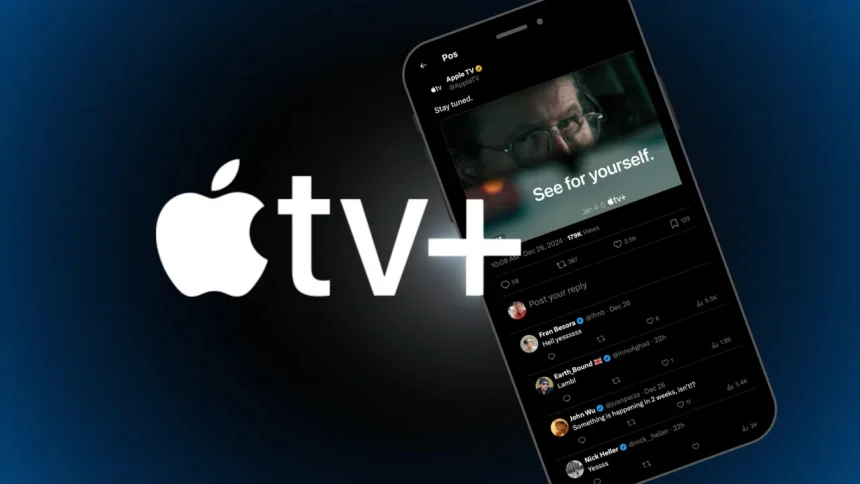Apple Inc., long known for its tightly integrated ecosystem, has taken a significant step towards breaking down those walls. The tech giant has finally made its popular streaming service, Apple TV+, available for download on the Google Play Store. This move, while seemingly minor, represents a significant shift in Apple’s strategy, prioritising service expansion over device exclusivity.
For years, Apple has primarily focused on developing software and services for its own iOS and macOS platforms. The last major Apple service to grace the Android landscape was Apple Music, launched nearly a decade ago. This exclusivity has been a hallmark of the Apple brand, fostering a loyal customer base within its own ecosystem.
However, the arrival of Apple TV+ on Android signals a change in this approach. By making its content accessible to the vast majority of the global smartphone market – Android boasts a staggering 72% market share worldwide, according to Statcounter – Apple is undeniably pursuing a more inclusive strategy. This move is not just about reaching a wider audience; it’s about tapping into a massive revenue stream. Apple’s Services division, encompassing offerings like Apple TV+, iCloud, Apple Music, and AppleCare, has become a cornerstone of the company’s financial success, generating over $100 billion in annual revenue.
Apple TV+ itself has garnered significant attention, boasting a growing library of critically acclaimed shows like “Ted Lasso” and “Severance,” and recently expanding its sports offerings with live coverage of Major League Soccer and Major League Baseball. By making this content available to Android users, Apple is not only expanding its subscriber base but also strengthening its position in the fiercely competitive streaming market.
Read Also: Apple Taps Alibaba for AI Prowess in China: A Strategic Shift
While this move may seem like a departure from Apple’s traditional approach, it reflects a growing realisation that in the age of ubiquitous connectivity, exclusivity can be a significant barrier to growth. By embracing a more open approach, Apple can unlock new revenue streams, strengthen its brand, and solidify its position as a dominant player in the global entertainment landscape.
Android users, who has always been intrigued by Apple TV+ but has been hesitant to invest in an Apple device, with Apple TV+ available on Android smartphones, they have the freedom to explore this new world of entertainment without feeling confined by the Apple ecosystem. This accessibility opens doors for new audiences, allowing them to experience the unique storytelling and high-quality production that Apple TV+ has become known for.
This move by Apple also has significant implications for the broader streaming landscape. It signals a potential shift in the competitive dynamics, where companies may be more willing to embrace cross-platform compatibility to reach a wider audience. This increased competition could ultimately benefit consumers, leading to more innovation, lower prices, and a wider variety of content options.
The arrival of Apple TV+ on Android is undoubtedly a significant milestone. It marks a departure from Apple’s traditional exclusivity and signals a strategic shift towards a more open and inclusive future. Whether this move will pave the way for further cross-platform collaborations remains to be seen, but it certainly opens up a new chapter in the ongoing story of Apple’s evolution.









